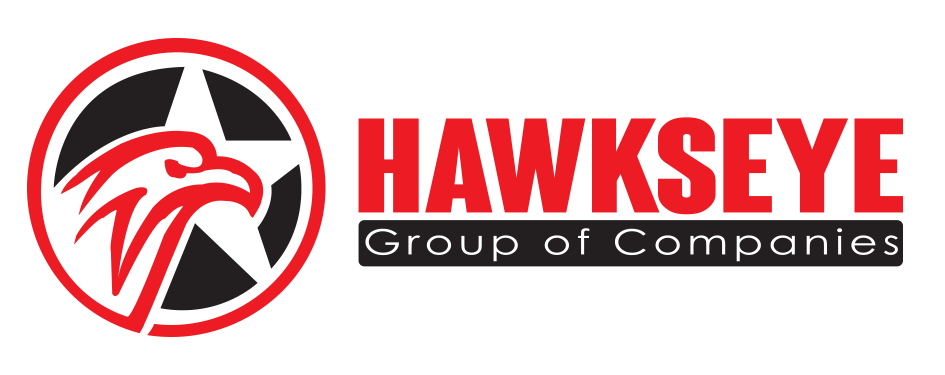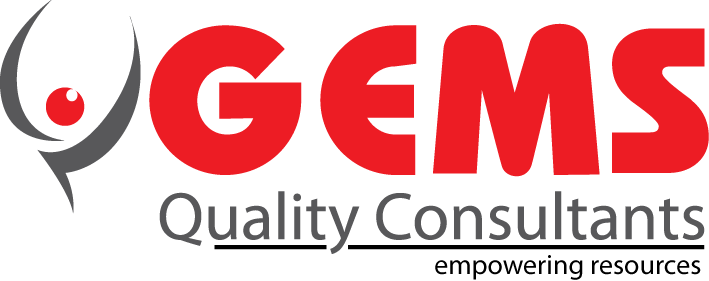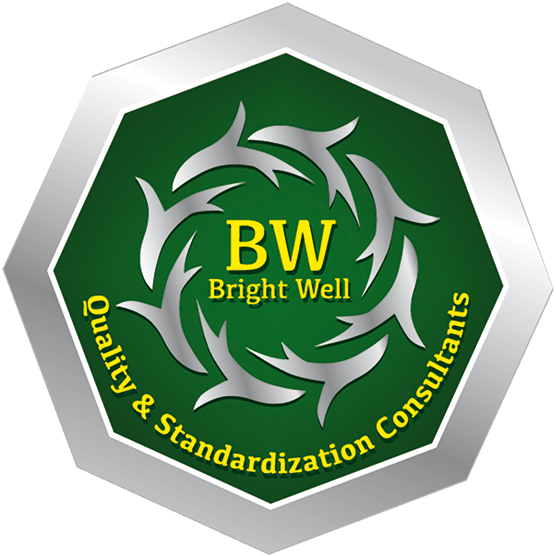This is a comprehensive course covering the content of HABC Level 2 Award in HACCP for Catering.

This is a comprehensive course covering the content of HABC Level 2 Award in HACCP for Catering.
Learning Outcomes:
Principles of HACCP:
1. Candidates must be able to recognise and define common HACCP terms and state the principles of HACCP by being able to:
1.1 Define the terms: HACCP, food safety management systems, safe food, prerequisites,HACCP team, flow diagram, hazard, hazard analysis, control measure, risk, critical control point, critical limit, target level, monitoring, corrective action, verification and review.
1.2 Identify raw ready-to-eat, raw to be cooked, high- and low-risk foods and be able to give examples of each.
1.3 Explain how the properties, sources and handling of food influence the types of hazard associated with it.
1.4 List the 7 principles of HACCP as defined by CODEX.
Food Safety Management:
2. Candidates must recognise the need for a systematic approach for food safety management and be able to:
2.1 Explain the importance of food safety and the requirement for effective food safety management procedures based on HACCP
2.2 State the need for a systematic approach for food safety.
2.3 Outline the benefits of implementing HACCP systems including contributing to a ‘due diligence’ defence.
2.4 State the origins of HACCP.
2.5 State the legal requirement for HACCP including HACCP training.
2.6 Explain the importance of HACCP training and outline the role of employees regarding the implementation of HACCP and food safety management.
2.7 Explain that the size and complexity of the food safety management system will vary dependant upon the catering business it is to be implemented in.
2.8 State examples of food safety management systems used in catering, to include Codex HACCP and SFBB, Safe Catering – Your Guide to HACCP (Northern Ireland) and CookSafe (Scotland).
Implementation of HACCP:
3. Candidates must outline the stages involved in implementing HACCP and be able to:
3.1 Outline preliminary steps required prior to implementing HACCP in a catering environment
3.2 Explain the need for prerequisite programmes and provide examples of common pre requisite programmes in a catering environment.
3.3 State the steps required to prepare the HACCP plan, including: scope and terms of reference, selection of HACCP team, sources of information, product or process description, grouping of products, intended use, development and confirmation of flow diagrams.
3.4 Describe the benefits of developing flow diagrams and be able to draw a simple diagram suitable for use in a catering environment.
Hazards and Controls:
4. Identify common food hazards and controls and be able to:
4.1 Identify what is meant by hazard analysis and outline the importance of determining significant hazards suitable controls.
4.2 Identify the four main hazards in the catering industry (microbiological, physical, chemical and allergenic), give common examples of each and how they can be controlled.
4.3 State that microbiological hazards include contamination, multiplication and survival of pathogens and explain how each of them can be controlled.
Critical Control Points, Critical Limits and Target Levels:
5. Explain the importance of identifying critical control points and be able to:
5.1 Explain the purpose of targets levels at critical control points and distinguish between critical limits and targets.
5.2 State examples of suitable critical control points, critical limits and targets in catering.
Monitoring:
6. Explain the process of monitoring and be able to:
6.1 Outline the importance of monitoring systems for critical control points.
6.2 State examples of monitoring systems, which may be implemented in a catering environment.
Corrective Actions:
7. Describe the purpose of corrective action in HACCP and be able to:
7.1 Describe what a corrective action should specify.
7.2 Explain when corrective actions should be taken, describe the importance of implementing suitable corrective actions and know that they should include both process and product corrective actions.
7.3 State examples of suitable corrective actions for a variety of common process steps within a catering environment.
Verification:
8. Outline the importance of verifying, reviewing and documenting HACCP systems in a catering environment and be able to:
8.1 Recognise methods of verifying the effectiveness of HACCP systems.
8.2 Explain the importance of reviewing HACCP systems and describe how this may be achieved.
8.3 Explain when HACCP systems will need to be reviewed.
HACCP Documentation:
9. Describe the documentation and records needed to support a HACCP system and be able to:
9.1 State examples of monitoring records and other documentation associated with the food safety management system in a catering environment and explain why it is important to maintain accurate records and documentation.
9.2 Explain that the size and complexity of the food safety management system will vary dependant upon the catering business it is to be implemented in.
Emirates Institute for Health & Safety (EIHS) is a licensed training organization partnered with the Business Continuity Institute (BCI), UK. The institute is committed to providing you an appropriate solution for a sustainable business’s continuity and resilience according to UAE and other international frameworks.
Accreditation & Licensing:
Features:
(Institute Review)
55 years ago(Institute Review)
55 years ago
This PIC Level 2 & 3 training workshop offered by Hawseye Quality Consultants is in compliance with the legal requirements as directed by 'Dubai municipality for Supervisors and HACCP team leaders'. The levels depend on the operation size an

You will receive a certificate at the end of the course. It states that you have completed PIC Level 3 training as made mandatory by Dubai Municipality in many high-risk food businesses. It will give you an in-depth knowledge of Microbiologi

This course is designed to give you detailed knowledge of performing internal audits on food safety management systems and actively contribute to the continual improvement.

Our food labeling course will give you a general understanding of current food labeling legislation.

This is a certification for the food establishment that includes knowledge about a range of measures that are designed to ensure food safety.
© 2025 www.coursetakers.ae All Rights Reserved. Terms and Conditions of use | Privacy Policy